The 300 Brits spending a white Christmas where the sun never sets
It’s business as usual for many
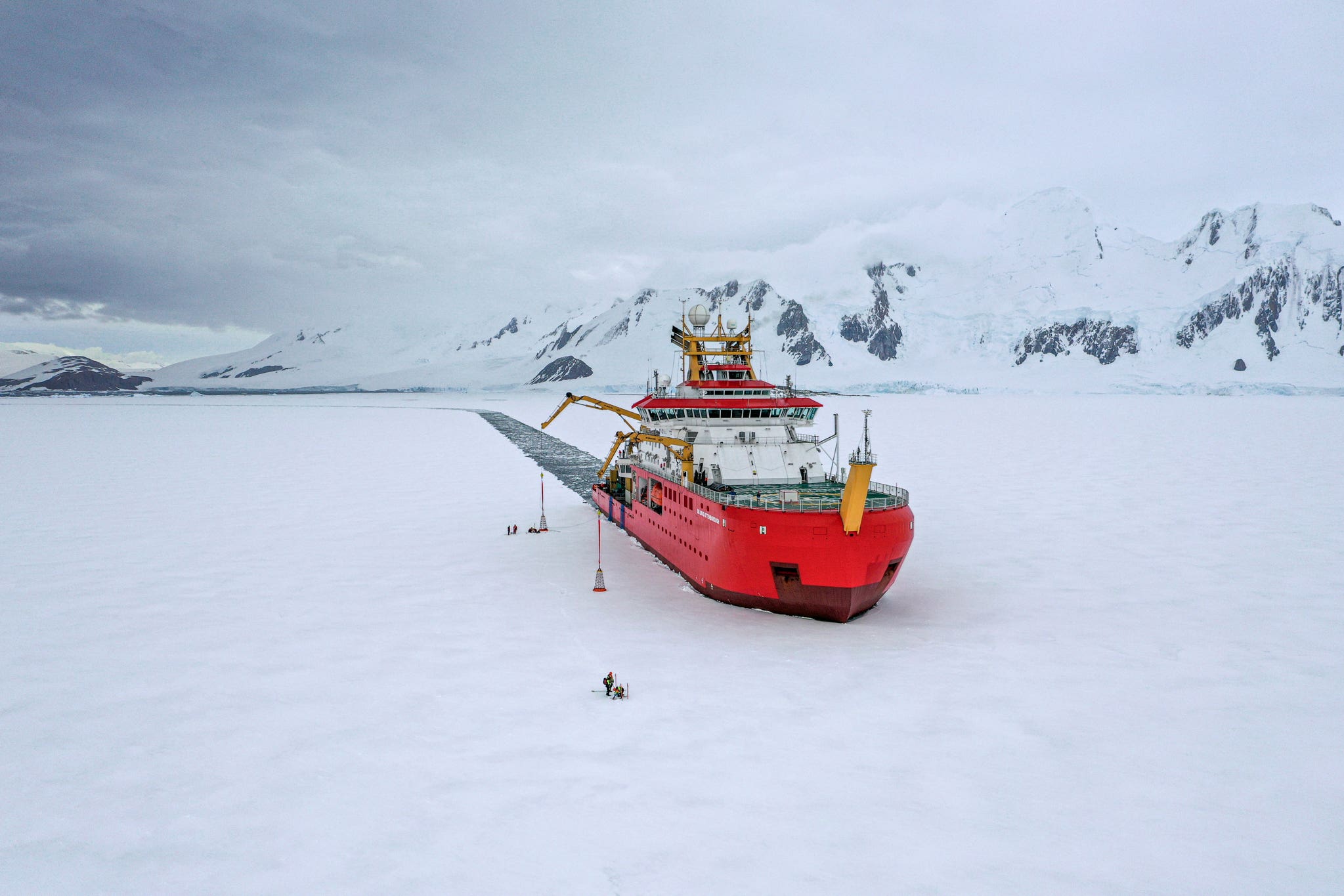
A white Christmas Day when the sun never sets could sound like a dream (or maybe a nightmare) to many.
But that’s the reality for some this festive season.
On the frozen, isolated continent of Antarctica, that is what the nearly 300 people working for the British Antarctic Survey (BAS) will get.
Many of the researchers, engineers, crew and support staff across five research stations and on board the RRS (Royal Research Ship) Sir David Attenborough get into the festive spirit with decorations, secret Santas and a lunch with all the trimmings.
Staff at Rothera Research Station, the UK’s largest research station, are hoping to make time to enjoy a few mince pies and watch some Christmas films.
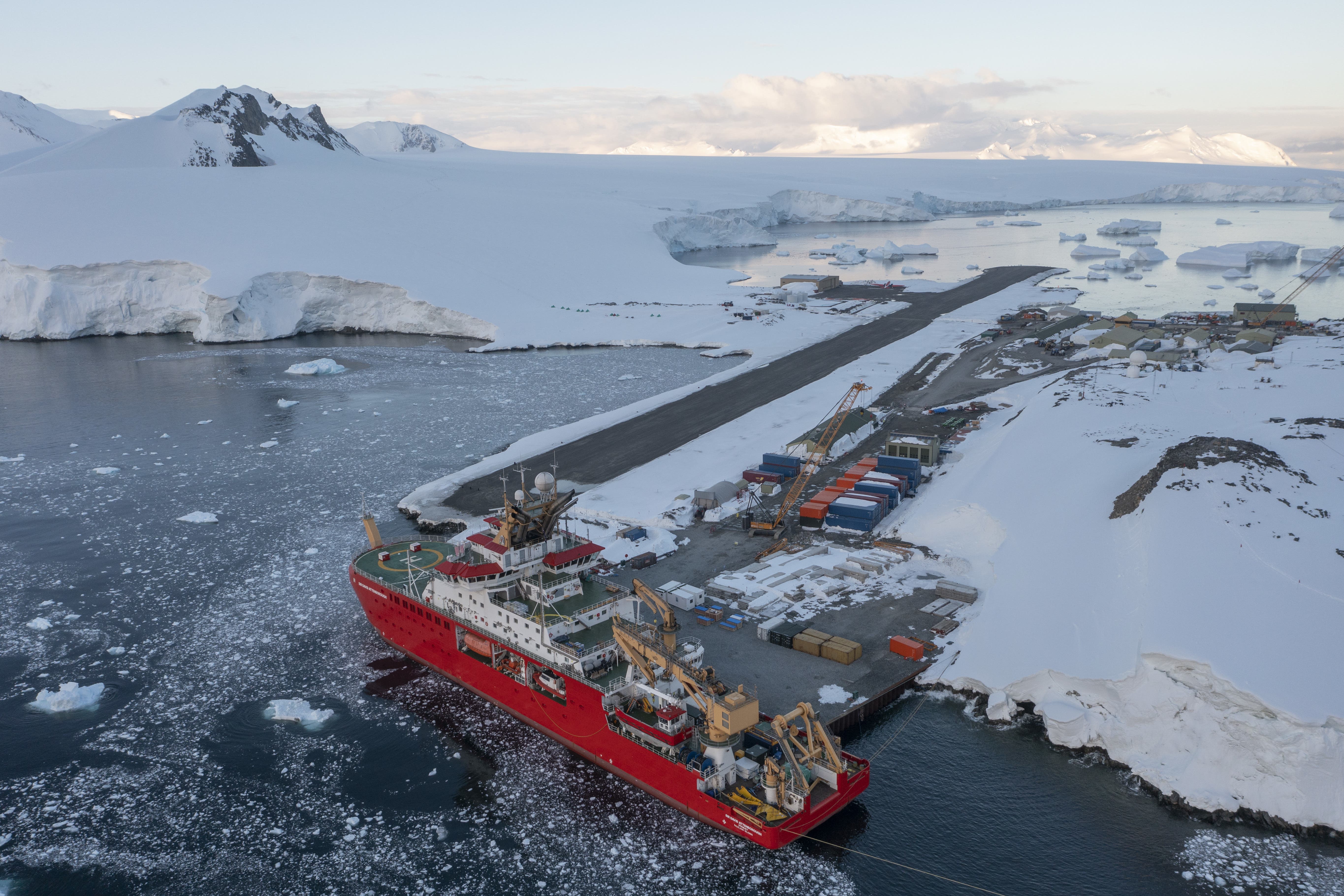
But the crews will also continue their work as normal on December 25, as Antarctica sees almost 24 hours of sunlight at this time of year.
A meteorological balloon will be launched as usual, the marine divers will head into the bay to collect specimens and if the weather is good the pilots will fly to deploy or collect researchers and their teams from the deep field.
Others will spend Christmas beneath the canvas in the extreme cold carrying out field work.
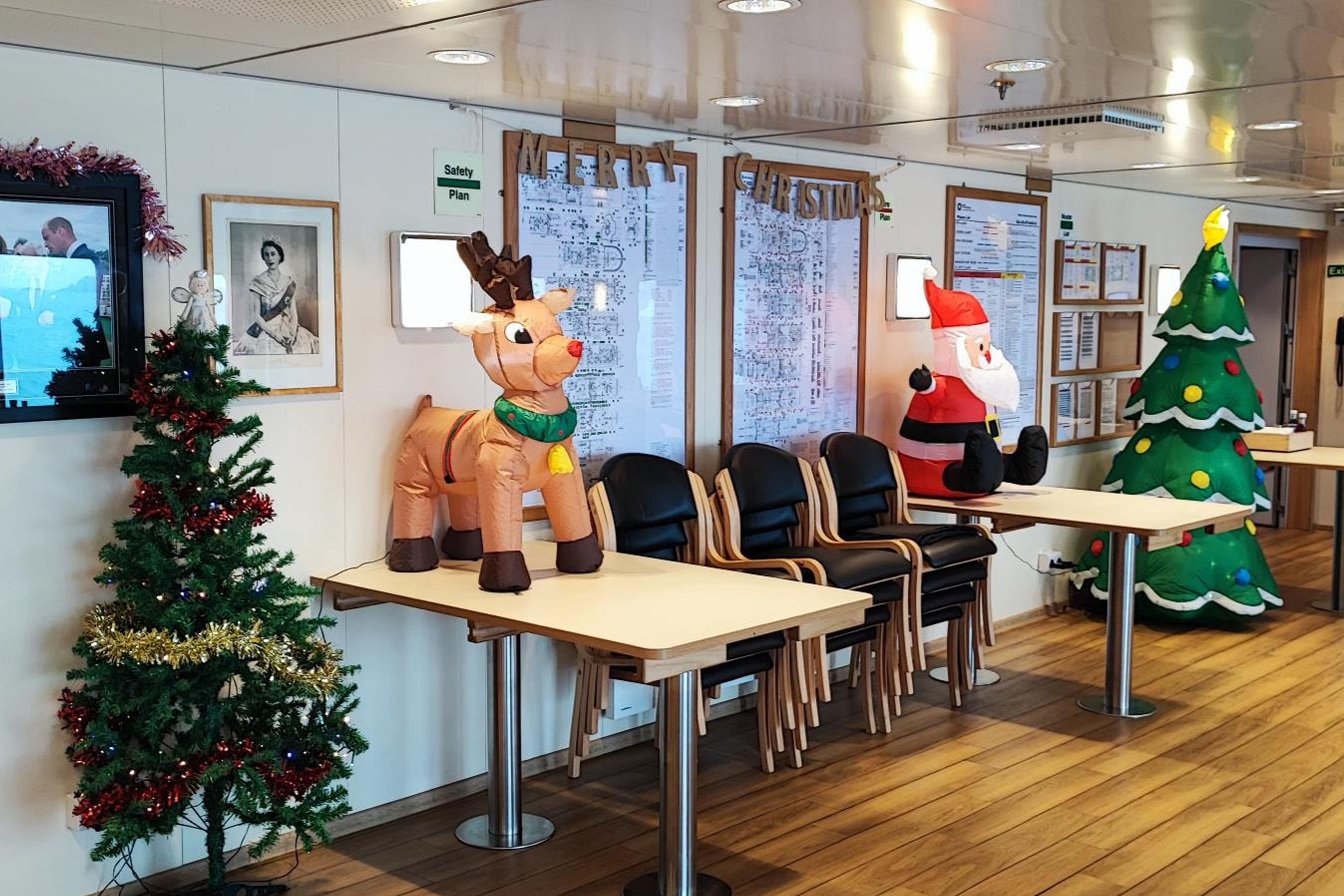
Aurelia Reichardt, leader at Rothera Research Station, where 150 people work, said: “Christmas is an important time and tradition for most people on station. Working in Antarctica can be isolating, away from family and life at home, so having a festive atmosphere on station helps people feel connected.
“It also helps us build a stronger community by sharing and exchanging traditions. Celebrations and switching off from the everyday of work life here on station does wonders for everyone’s mental wellbeing.”
The Rothera team is bigger than usual this year as construction staff work on modernising the station.
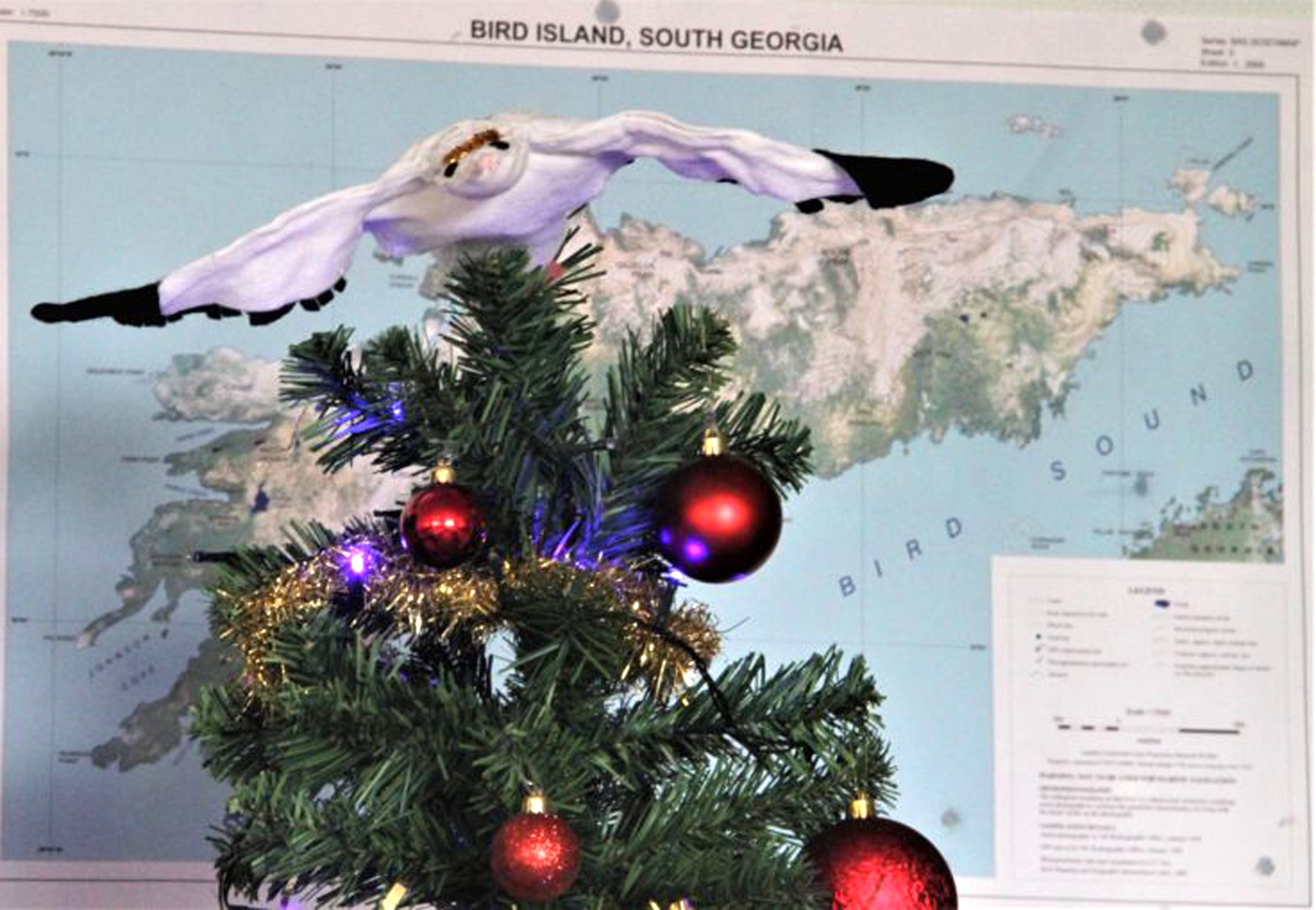
Staff are working on the interior of the Discovery Building which will have 100 rooms and is due to be finished in the new year.
Having decorated the station for the festive period, the team will also be running the annual Christmas Door Competition where wreaths are fashioned from recycled rubbish, and origami stars and penguins are made out of old paper.
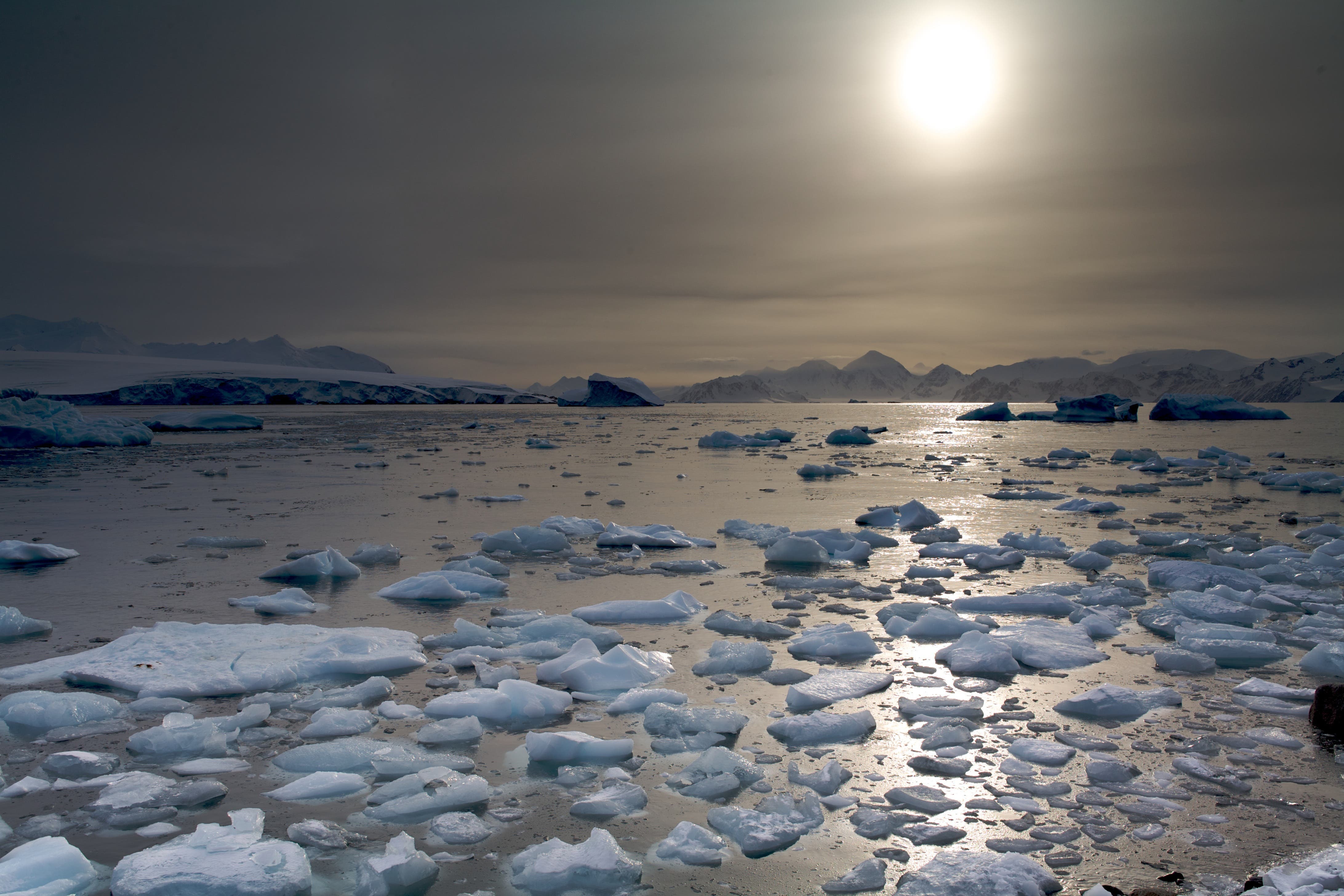
On board the polar research ship, the RRS Sir David Attenborough, the crew have already started the festivities, making homemade gifts for secret Santa and decorations as well as holding Christmas film evenings.
The ship will sail south of the Antarctic Peninsula and drop a team of researchers off at their study site on Christmas Eve.
On Bird Island, off the north-west tip of South Georgia in the Southern Atlantic Ocean, the team of six zoological field assistants at the research centre will be out to monitor the eggs of wandering albatross, fur seal pups and the chicks of macaroni penguins, mollymawks and skuas.
BAS staff will also now be able to call family back home at no cost using satellite communications.
Bookmark popover
Removed from bookmarks